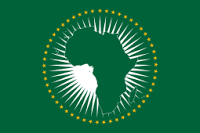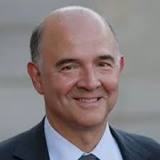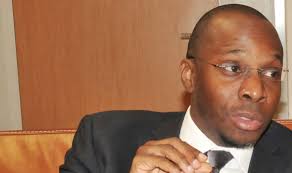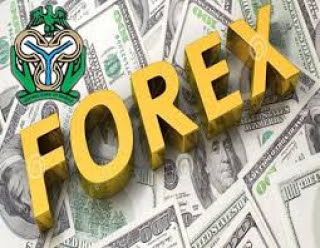The African Union has disclosed that $148 billion, representing 25 percent of Africa’s average Gross Domestic Product (GDP), is lost yearly to corruption.
The AU calls the ugly development a huge drain on Africa’s productivity.
To tackle the menace of corruption, African Heads of State at the 31st AU Summit held in Mauritania last week, committed to preventing billions from being stolen by seeking to abolish banking secrecy and tax havens.
The African leaders also deliberated on a mechanism to return corruptly acquired funds, most of which are hidden in countries that encourage the practices.
However, Senegalese tax inspector Elimane Pouye, pointed out that the fight against corruption in Africa required more than just statements at international summits but real action.
According to him, current measures being adopted to address the menace are usually just a facade, adding that donors put pressure on states to show they are fighting corruption so that they can receive aid.
Offshore entities are not illegal, but banking secrecy in places like Mauritius and Luxembourg can be used to evade taxes and hide illegally obtained cash.
In his comments, Elimane Kane, Head of LEGS-Africa, a think-tank promoting ethical governance across the continent, noted that too few African heads of state had taken a stand against corruption.
Citing the example of Paul Kagame of Rwanda as a leader that has done good work in the fight against corruption, Kane, however, lamented there were many African leaders who take advantage of tax havens.
In recent years, the International Consortium of Investigative Journalists (ICIJ) has been shining light on the shadowy world of offshore banking with the publication of leaked documents known as the Panama and Paradise Papers.
For instance, this year the ICIJ worked with a network of West African journalists to study approximately 30 million leaked documents, now known as the West Africa Leaks.
Their findings showed the secret companies and bank accounts of some of the region’s most powerful politicians and business leaders.




